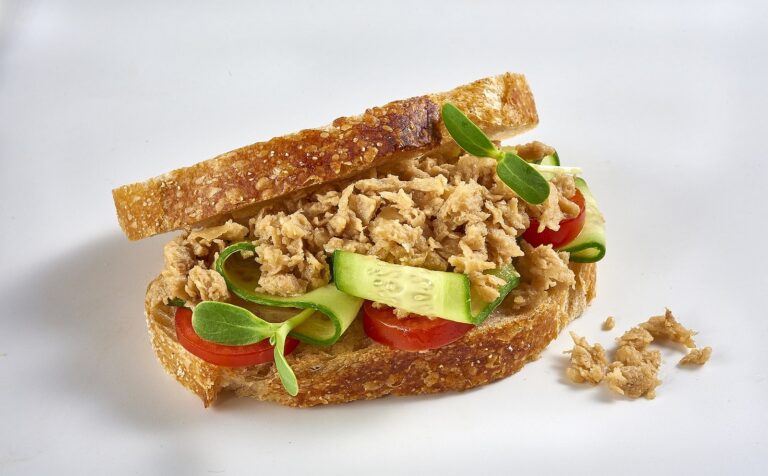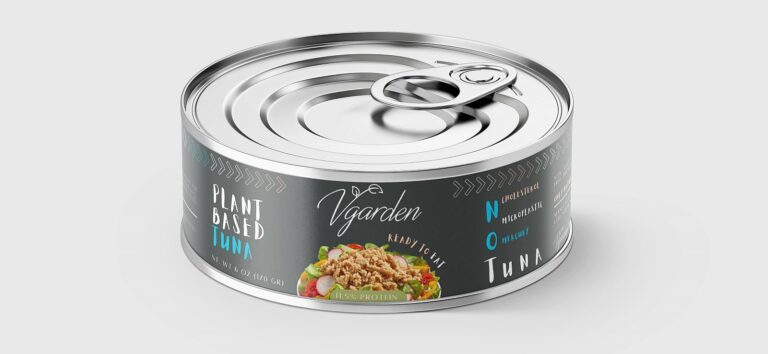You don’t have to be vegan to get excited about this one: Israeli food-tech company Vgarden has launched fish-free canned “tuna” that it promises tastes, looks and has the same texture as the pantry staple.
This not only means that vegans and vegetarians can once again tuck into their favorite sandwich, but that all those concerned about the state of our fish and oceans can also enjoy a guilt-free sub.
“Aquaculture and the overfishing of this high-in-demand fish has had a devastating effect on their numbers to the point that it has put several species, such as the yellowfin and the Atlantic bluefin, on the edge of extinction,” said Tom Rothman, Vgarden’s head of global sales.
“This not only poses problems in terms of food security but also negatively impacts the delicate and fragile balance of the marine environment. Our plant-based tuna solution can help turn the tide on this eco-catastrophe and contribute to the restoration of the ocean’s wild tuna populations,” he said.
The company experimented with the recipe for a year and has filed a patent for the formula and process. Vgarden’s tuna analog can be tinned and sterilized at high temperatures yet still retain its flavor and texture.
“Tinned tuna has a very distinct flaky, yet moist and chewy texture, with a powerful fresh-from-the sea aroma,” says Vgarden CEO Ilan Adut.
“Our new tuna-like product is clean-label, scalable, affordable and sustainable. But for our plant-based creation to serve as a true substitute, even beyond compellingly mimicking all of the sensory qualities, it also has to match tuna as much as possible in nutritional value.”

Based on pea protein, Vgarden’s fish-free tuna has a total protein content of 11.2-14 percent before and after draining and contains a short list of natural ingredients including fiber and sunflower oil.
The product comes in two packaging formats – pouches for chilled storage and cans for the full and fridge-free experience.

The tuna is now being sold in major retails stores in Israel, as well as to hotels, restaurants and pizza chains. Outside of Israel, it is marketed mainly in North America, Europe and Australia.
“Many food outlets are turning to our tuna analog to create a classic tuna niçoise salad or a tuna pasta that will give its discerning flexitarian customers the full experience of the real thing,” Adut notes.
Eyal Adut, the company’s chief of marketing business development, says the product appeals to the flexitarian consumers who “choose plant-based foods for a wide variety of reasons including health and sustainability.”
“The plant-based seafood market size was valued at $42.10 million in 2021 and is estimated to reach $1.3 billion by 2031,” he explains. “Tuna is our first swallow in this category but we are already in the final stages of development of four more fish alternatives.”

















